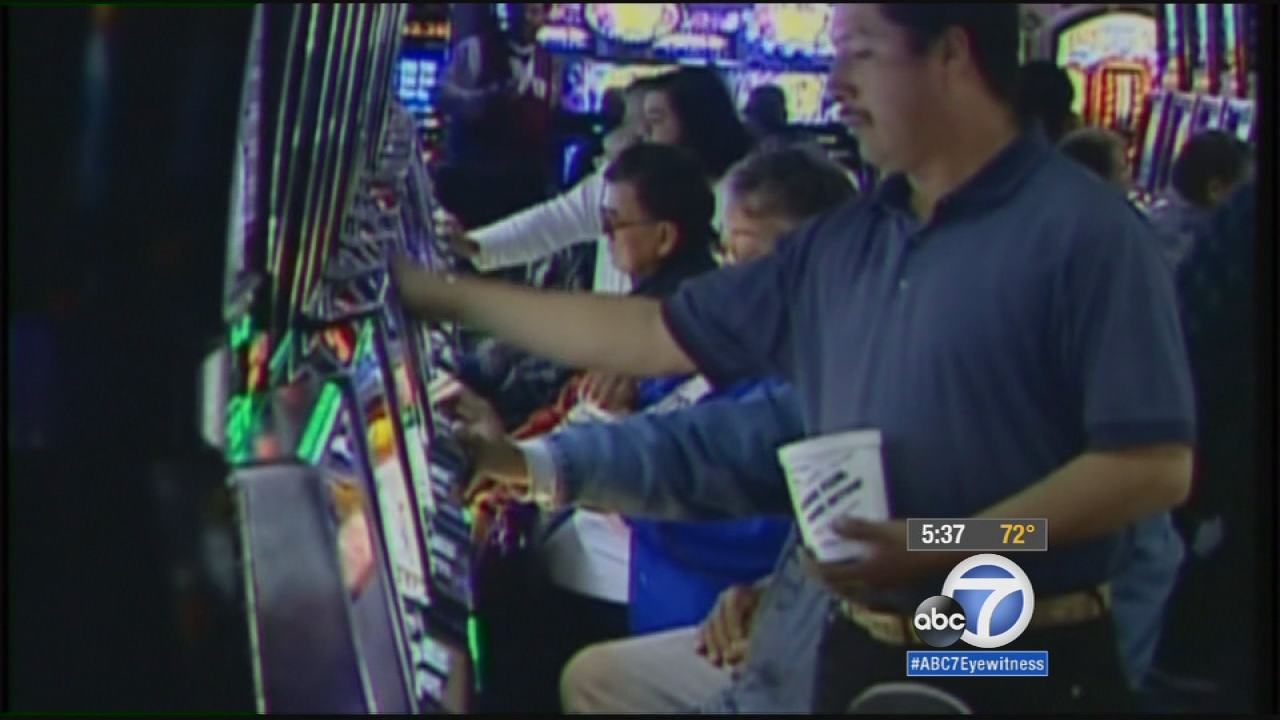Animated video explainers: California Propositions 2014


Watch these animated shorts to learn about the California propositions on the ballot for the November 4 election, including propositions 1, 45, 46 and 47.
Prop 1 asks voters if they support spending $7.5 million on projects for water supply and water storage.
If approved, the money would spent to improve water quality and prevent drinking water contamination. It would also be used to restore and protect natural ecosystems and watersheds, with some funds being used to build dams and reservoirs. Other water projects include recycling, treatment, and flood management.
Over half of the funding would require local governments to supply about 50 percent of the cost of projects that benefit their areas.
Taxpayers would pay $360 million per year over 40 years to pay back the cost of the bonds for this prop.
Voting YES means:
- You support the request by the governor and the legislature to spend $7.1 billion in new bonds -- and $425 million in already-approved bonds -- to pay for state and local projects for water supply and water quality.
Voting NO means:
- You do not support the request by the governor and the legislature to spend $7.1 billion in new bonds -- and $425 million in already-approved bonds -- to pay for state and local projects for water supply and water quality.
If you're covered by either an individual or small business health insurance plan this prop would change who gets to approve future insurance rate changes to your plan.
How so? The California Insurance Commissioner, whom we elect, would now have to sign off and approve health insurance rate changes, like he does for car and home owner insurance. If passed, this prop would also allow pretty much anyone from the public to challenge health insurance rate increases too.
The health care industry doesn't want this extra layer of approvals.
Opponents of this prop are afraid that this would negatively impact the ability of the state's new health care exchange, Covered California, to bargain on rates with insurance companies. Supporters say that's nonsense and that this prop will help control health insurance rate increases.
Voting YES means:
- Rates for individual and small group health insurance would need to be approved by the Insurance Commissioner before taking effect.
Voting NO means:
- State regulators would continue to have the authority to review, but not approve, rates for individual and small group health insurance.
Prop 46 is trying to do three main things:
1) Increase the amount you can sue a doctor for non-economic losses -- things like pain and suffering -- from $250,000 to $1.1 million, and then adjust that amount for inflation in future years.
2) Make doctors submit to drug and alcohol testing.
3) Require health care workers to check a statewide prescription drug database before prescribing certain addictive drugs to prevent patients from abusing the system by getting multiple prescriptions from multiple doctors.
These new rules will add costs for state and local governments who pay for many health care services, and for doctors who will have to pay more for their insurance, too.
Supporters of this prop claim that a decrease in medical negligence could help balance out some of these new costs.
Voting YES means you support:
- Increasing the amount for non-economic damages in malpractice lawsuits.
- Drug and alcohol testing of doctors.
- Requiring health care providers to check a statewide database before prescribing certain drugs.
Voting NO means:
- You do not support the three things listed above.
Prop 47 would reduce the penalty for most nonviolent crimes from a felony to a misdemeanor -- crimes like petty theft and certain drug possessions. Already convicted felons of these crimes would have the chance to be resentenced to lesser punishments and released from jail, as long as the courts don't think they pose a serious public safety risk.
Criminals who have committed violent crimes would not be affected by this prop -- they stay where they are no matter what.
A few years ago, the U.S. Supreme Court said that California's prisons are way overcrowded. Supporters believe that this prop will also help free up space in prisons.
If passed, money saved from keeping some of these nonviolent criminals out of jail will be redirected to K-12 education, victim services, and mental health and rehabilitation centers.
But opponents of the prop believe that releasing these criminals earlier than expected is a bad idea because they might still pose a risk to the public and commit more crimes, and just end up back in jail and hurting more people.
Voting YES means:
- You support reducing penalties and sentencing for nonviolent crimes from felonies to misdemeanors.
Voting NO means:
- You do not support reducing penalties and sentencing for nonviolent crimes from felonies to misdemeanors.






















